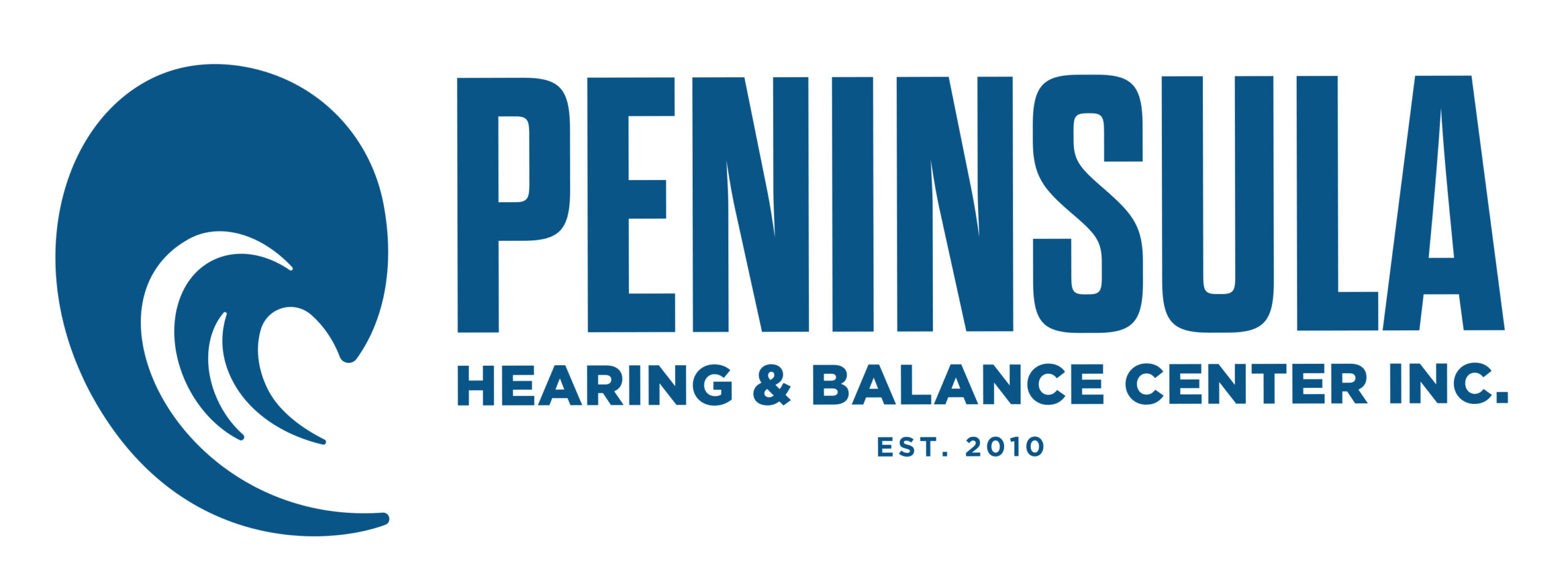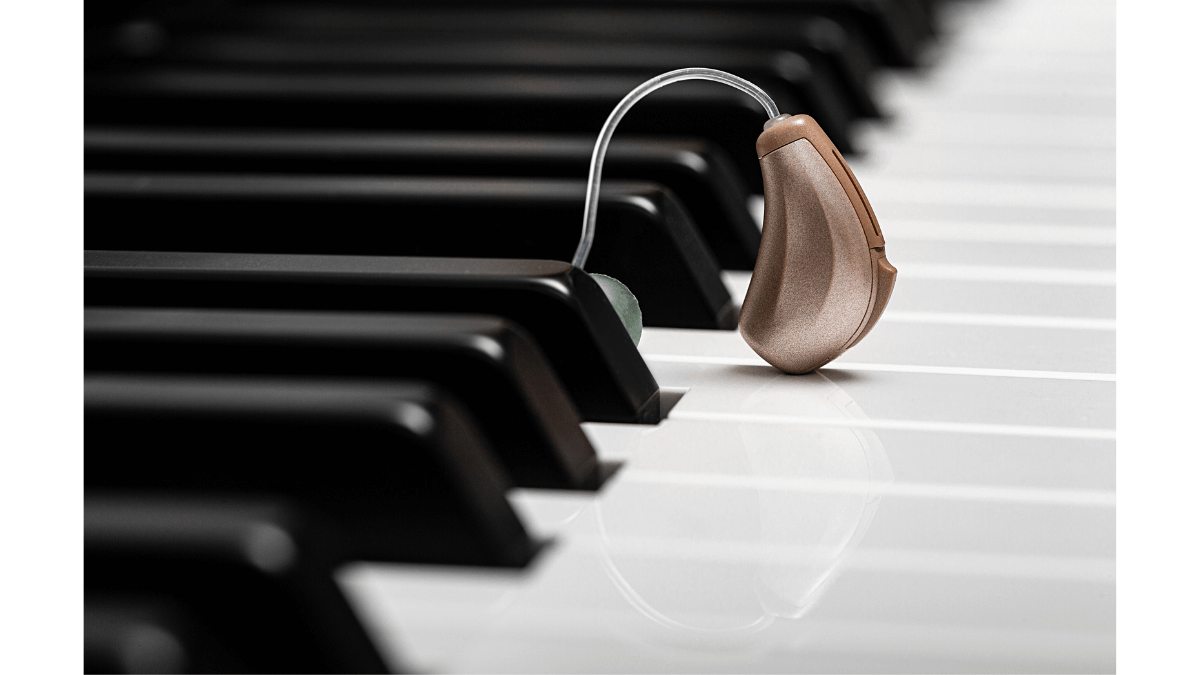Our ears play an important role in connecting us to the world around us. However, it’s not just our ears that are responsible for hearing. A major component of hearing has to do with how our brain processes the sounds it receives.
This link between our auditory system and cognitive functions implies that brain exercises can significantly impact our hearing health. There are several brain exercises you can try that are designed to boost both your hearing capabilities and cognitive functions.
Understanding the Connection Between the Brain and Hearing
Before we talk about the exercises, let’s consider the connection between hearing and cognitive functions. Our ears collect sounds, but it’s the brain that interprets these sounds. This means healthier cognitive functions can lead to sharper hearing abilities or, at a minimum, better comprehension of the sounds we hear daily.
Exercises for Enhanced Hearing Health
Active Listening
Active listening involves fully concentrating on the sounds around you—be it in nature, music, or everyday noises. Here’s how you can practice:
- Dedicate time to sit in a quiet place and gradually allow external sounds to come to you. Try to identify and focus on several sounds, one at a time, and distinguish as many details as possible.
- Listen to music with complex melodies and instruments. Try to isolate and focus on one instrument or melody line through the entirety of a piece.
- Listen to conversations in a place with background noise. Focus on the conversation you want to hear and try to ignore the background sounds.
Memory Games
Memory games can sharpen your cognitive abilities, leading to better processing and recall of auditory information. Try games that require recalling lists of words or sequences of sounds. Online brain training platforms offer various exercises tailored to improve memory.
Sound Location Exercises
This exercise enhances your brain’s ability to determine where sounds come from, improving spatial hearing capabilities:
- Have a partner move around you in a quiet space while making noise, like clapping. With closed eyes, try to pinpoint the sound’s location.
- Advance this exercise by identifying sounds at varying distances and from different directions.
Reading Aloud and Audiobooks
Reading aloud is a great brain exercise that enhances auditory processing through both the production and reception of sound. Similarly, listening to audiobooks and focusing on understanding and picturing the narrated stories can be an excellent workout for your brain’s auditory processing centers.
Learn a Musical Instrument
The process of learning to play a musical instrument is an intensive workout for the brain. It requires integrating hand-eye coordination with auditory processing, rhythm, and melody recognition, which can dramatically improve your brain’s sound processing efficiency.
Language Learning
Learning a new language challenges your brain to recognize, understand, and reproduce unfamiliar sounds, thereby boosting auditory processing skills and cognitive flexibility.
Meditation and Mindfulness Practices
Meditation can enhance concentration and focus, which are crucial for auditory processing. By regularly practicing mindfulness, you can improve your ability to tune into and process sounds around you more effectively.
Video Games
Certain video games, especially those that require quick reactions to auditory cues, can help sharpen your auditory processing skills. Choose games that involve following sound directions or reacting to audio signals.
Incorporating Exercises into Daily Routine
To get the best outcomes, consistency is key. Try incorporating some of these brain exercises into your daily routine in a way that feels enjoyable and sustainable. Remember, the goal is not just to perform exercises but to integrate mindful listening and cognitive challenges into your everyday life.
Visit Us For More Support
Enhancing your hearing health goes beyond taking care of your ears. It can also involve stimulating and training your brain to process sounds more effectively. With a few brain exercises, you can promote cognitive well-being and support your auditory health.
While these exercises can significantly benefit hearing health, they’re most effective when complemented by professional advice and regular hearing check-ups. We offer personalized strategies and tools to address your unique hearing needs. Visit us today to find out more about your hearing health and see what we can do for you.

